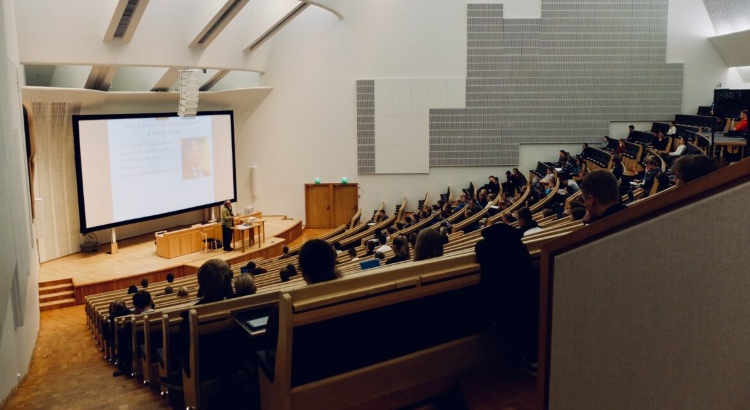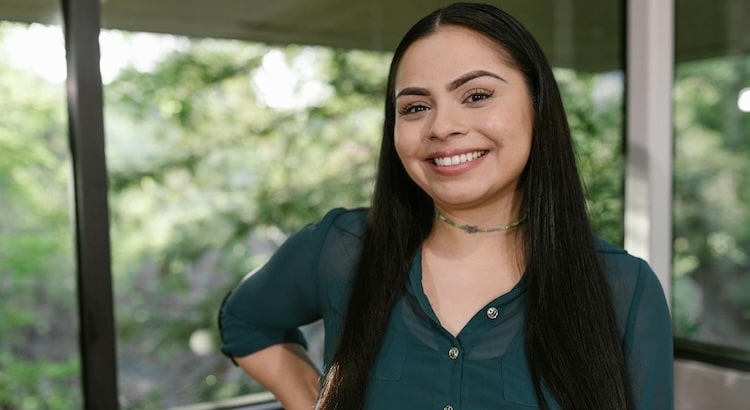How to Record Lectures in College Without Breaking Policies and Laws
Recording college lectures has become a popular way for college students to improve how they study. More than 66% of students use recorded lectures as part of their learning process (Nanyang Technological University, 2006). Smartphones make this easier than ever. But before pressing "record," it's important to understand the legal and ethical guidelines involved.
This guide will help you navigate the rules for recording lectures in college, so you can get the benefits without facing legal trouble.
Is Recording Lectures in College Legal?
Recording lectures in college is often allowed, especially for students who need help because of disabilities. However, there are several rules every student should follow:
- Students with disabilities can record lectures for personal educational use.
- Lecture recordings are for personal use only—do not share them without the speaker's permission.
- Lectures are protected by copyright law. Do not post, publish, or quote recordings without proper approval and attribution.
These basic guidelines help keep both students and teachers protected.
Student Eligibility
Eligible students are those who, due to a disability, cannot take written notes during class. They often use tools like smartphones or computers to record lectures—a right supported by the Accessibility Resource Service (ARS). Both in-person and remote classes fall under this rule.
Instructor Rights: Privacy and Copyright
Some professors may not allow recordings because of privacy or copyright concerns. Professors have a right to protect their course content and classroom discussions. However, these concerns do not outweigh a student's right to accessibility. Typically, schools manage this balance with written agreements that outline:
- The purpose for the recording (personal academic use)
- Restrictions on sharing or distributing files
- Consequences for breaking the agreement
Special Courses: Self-Disclosure and Sensitive Topics
Some courses involve open discussions or personal storytelling. In these classes, students might feel uncomfortable being recorded and may participate less. Professors can announce recording restrictions in such cases, especially if the class is interactive and not focused on note-taking.
Student Responsibilities
If you're allowed to record lectures, you usually must agree to several key points:
- Recordings are for your personal use only.
- You cannot share, sell, or upload recordings, even to social media or journalists.
- Your professor owns the intellectual property in the recordings.
- Violating these rules can lead to academic consequences.
Always sign and follow any statements or contracts your school requires.
Exceptions: Asking for Permission
If you do not have a documented disability, you may still record a lecture if you have your instructor's explicit permission. Many professors will record lectures themselves and share them with the class. Secretly recording lectures is never recommended. For example, the Pennsylvania Wiretap Law requires all-party consent before recording any conversation, even in a lecture hall.
Can Professors Forbid Recordings?
If you have a documented need under the Americans with Disabilities Act (ADA), your professor cannot stop you from recording lectures (U.S. Department of Labor, 2023). However, not every instructor knows these rules. If conflicts arise, contact your campus accessibility office for guidance.
Always review your school's recording policies. Being open with your professor is the best way to avoid misunderstandings.
Required Forms for Recording Lectures
Before recording, you may need one or more of these documents:
- Instructor consent form
- Approved ADA accommodation letter
- Signed agreement between student and professor
- Official university approval letter
Policies may differ by school, so check with your university or college for specific requirements.
Benefits of Recording College Lectures
College students have busy schedules. Recording lectures can help you get the most out of your educational experience. Key benefits include:
Improved Focus
When you don't worry about taking fast notes, you can listen more closely and understand the material better.
Complete Coverage
Lectures are often fast-paced. Recording ensures you don't miss any critical information. You can always replay the session or create a transcript for easier review.
Personalized Learning
Everyone learns differently. Recordings allow you to review lectures in your own way—by listening, reading, or searching for keywords. Transcripts are especially helpful for visual learners. Services like
GoTranscript's transcription services make it easy to convert audio to text.
Tips for Recording College Lectures
Once you have permission, follow these simple steps for effective recording:
1. Check Your Recording Device
Use a reliable device—smartphone or recorder. Make sure:
- The battery is fully charged (bring a charger or extra batteries).
- There's enough storage for the full lecture.
2. Choose the Right Seat
Sit near the front or close to speakers for the best sound quality. Avoid noisy areas.
3. Continue to Take Notes
Even when recording, jot down key points. Note important times (timestamps) to help you find information quickly later.
4. Convert Recordings to Transcripts
Listening to hour-long recordings can take a lot of time. Turn audio into text for easy scanning and study. Professional services like
GoTranscript's automated transcription or
transcription proofreading provide accurate, searchable transcripts fast.
5. Review Your Materials
Read transcripts alongside your notes. Use keyword searches to find topics quickly. Remember: always ask your professor before sharing any materials with classmates.
Conclusion: Record Lectures Responsibly
Recording college lectures can improve your learning, save time, and support your study style. Always know your school’s policies, and get proper consent before recording. Students with disabilities are protected by law, but everyone needs to respect rules about privacy and copyright.
For fast, accurate transcripts,
GoTranscript offers reliable solutions—including
automated transcription,
closed captioning, and
text translation services. With user-friendly
transcription pricing, you can focus on learning while GoTranscript handles your lecture transcription needs.



















 Verified Order
Verified Order